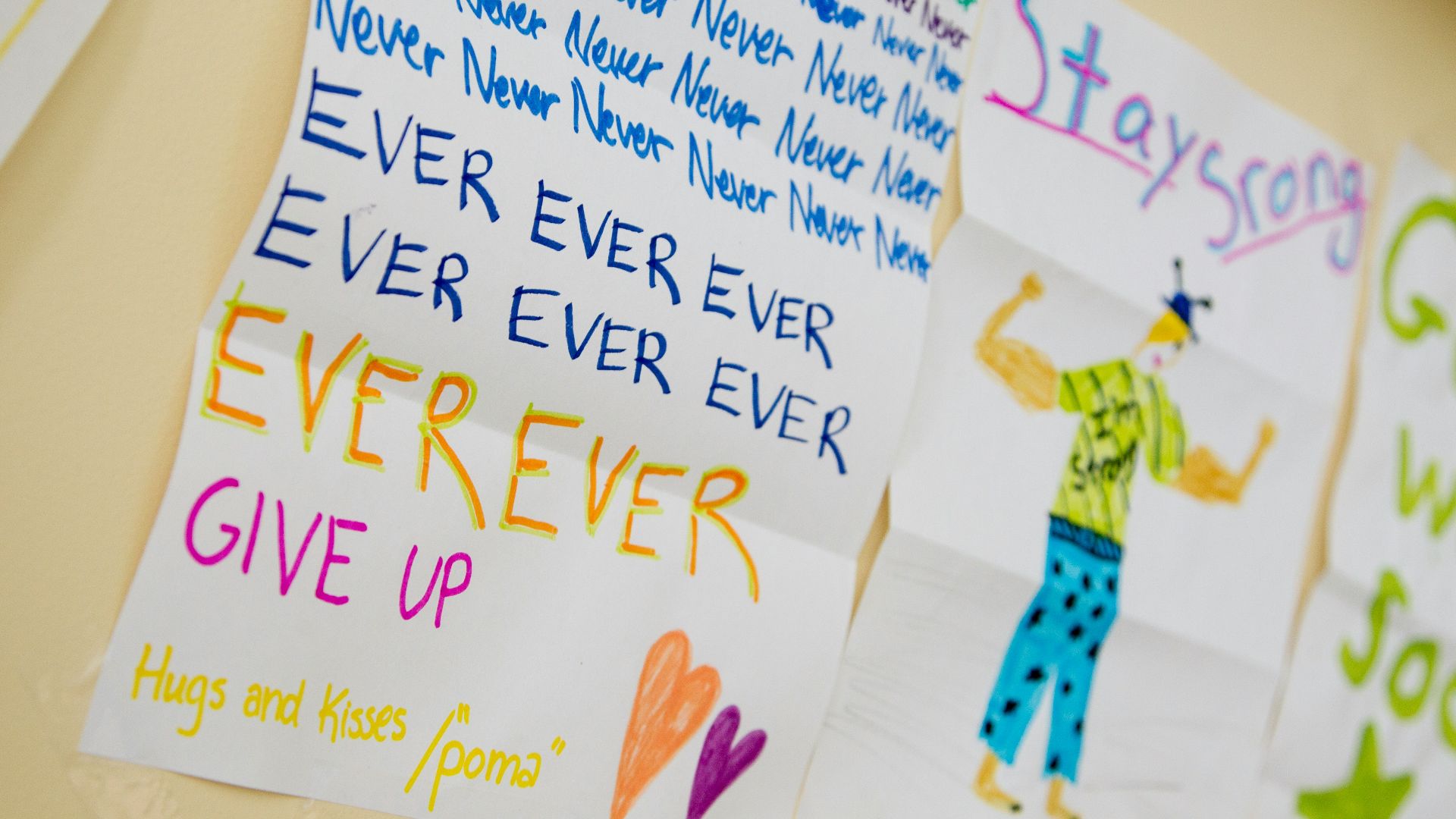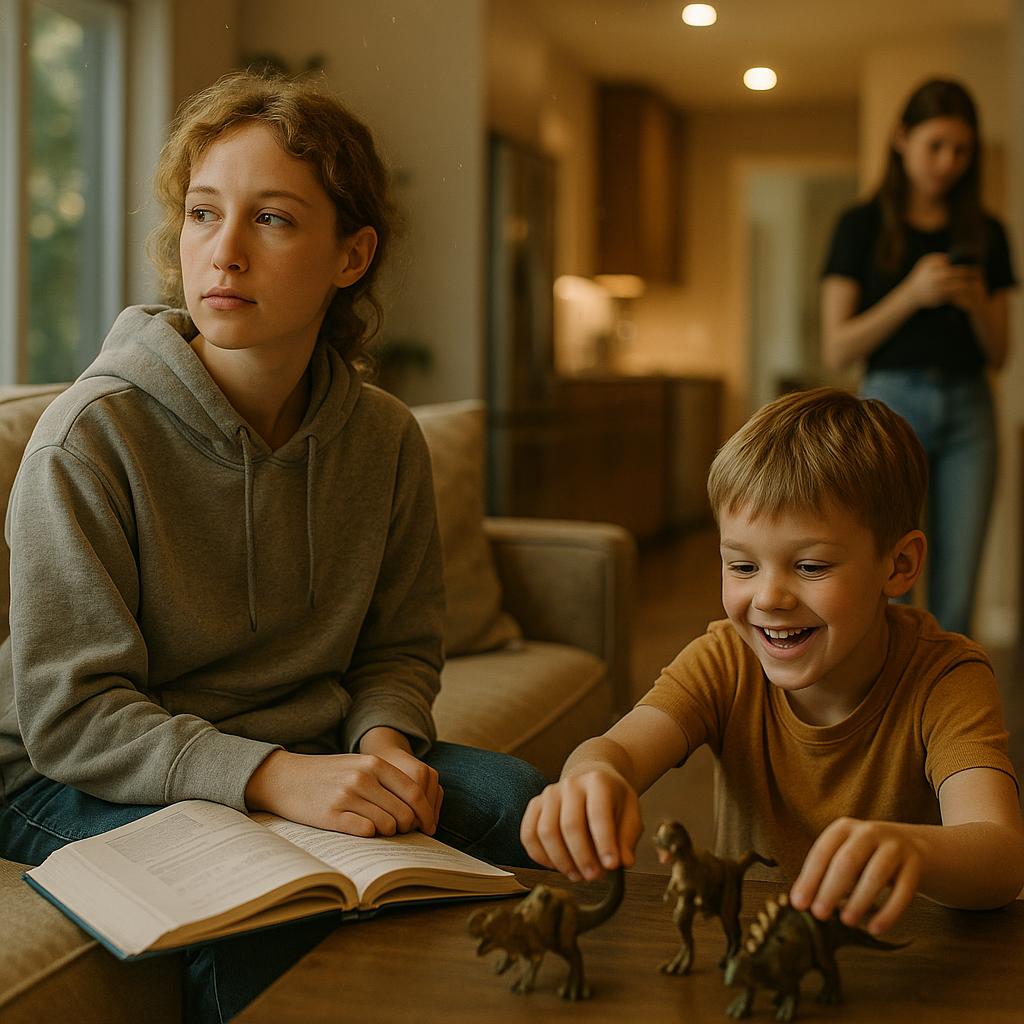The Complicated Truth About Optimism
Positive thinking sells itself like a bright poster in a waiting room. Keep your chin up. Look on the bright side. Smile and the world smiles with you. The slogans are everywhere, stitched into pillows and painted onto office walls. There’s comfort in these axioms, and sometimes they really do shift the way a day unfolds. And yet, we all know the feeling of being told to be positive when the situation is anything but manageable. Putting on a plastered smile feels shallow, even cruel, in the face of tragedy. So maybe the question isn’t whether positive thinking is good or bad, but when it’s appropriate and when it isn’t. Here are ten reasons how positive thinking helps, and ten on how it hinders.
1. It Calms The Body
Positive thoughts lower stress hormones, they say. And the evidence lines up: blood pressure drops, sleep comes easier, and breathing slows. Sometimes, simply believing that you can handle a terrible situation convinces the nervous system to relax.
2. It Fuels Persistence
Think of athletes muttering mantras to themselves on the track. The belief that they can win keeps them training past exhaustion and negates their self-doubt. Positive thinking doesn’t accomplish the training, but it does keep you pushing yourself long after you feel like calling it quits.
3. It Shapes First Impressions
Walk into a job interview with a smile, shoulders back, and a sense of possibility, and watch how this attitude changes the room. Optimism leaks out in microexpressions, and people respond to this energy. They don’t always respond consciously, but it certainly doesn’t hurt an impression.
4. It Nudges Us Toward Healthier Choices
Some studies suggest that optimists eat more vegetables and make healthier choices overall. When you believe your future will be long, you invest in it. Whether that’s exercise, sunscreen, or the dental appointment you’d otherwise dodge, people with a positive view of themselves invest in their well-being.
5. It Creates Social Gravity
No one’s drawn to a person who’s permanently stormy and miserable. Positive energy pulls people in, makes dinners lighter, friendships smoother, and workdays easier. Even a single optimistic friend can lift the tone of a group.
6. It Can Change Outcomes
Call it the placebo effect or a self-fulfilling prophecy, but sometimes thinking positively literally alters results. Students who believe they’ll do well on a test often manage to do better. Patients convinced of recovery sometimes heal faster, even in the face of overwhelming odds. The mind isn’t magic, but a good attitude can make a difference.
7. It Expands Creativity
Fear narrows our perspective of the possibilities, and anxiety shrinks our ability to trust in our own abilities. Positive thinking, on the other hand, opens the doors. With optimism, we’re more willing to explore, to play with ideas, and to engage in activities that would otherwise seem threatening.
8. It Gives People Something To Hold Onto
When everything falls apart—be it a layoff, an unpleasant diagnosis, or a funeral—the voice saying things can still get better is often a life raft in stormy seas. This attitude is not a fix or a cure, but it can help us keep our heads above water.
9. It’s Contagious
One person’s hope can inspire an entire room full of doubters. Think of the teachers who’ve believed in you, or your parents who encouraged you to follow your dreams. Positivity is contagious in the best possible way.
10. It Just Feels Better
Strip away science and slogans supporting positivity, and the simple fact remains that it’s nicer to imagine good things ahead than bad. Sometimes the best reason for supporting something is the most obvious one. We’re the ones who try to make it more complicated than it needs to be.
And yet. For all its light, positive thinking can cast heavy shadows too.
1. It Can Deny Reality
The reality is that not everything has a bright side. Pretending otherwise doesn’t make grief or injustice disappear. There’s a point where staying positive mutates into lying to ourselves.
2. It Can Shut People Up
When someone shares pain and the reply is, “Look on the bright side,” the conversation invariably ends abruptly. Positivity can silence rapport instead of lending support, and comes across as a way of avoiding discomfort rather than facing it head-on.
3. It Blames The Victim
If success is primarily a matter of thinking positively, then failure must mean you weren’t optimistic enough. It’s a cruel logic that transforms suffering or failure into a personal self-inflicted flaw.
4. It Feeds Toxic Work Culture
Some offices weaponize positivity. Managers push for good vibes while workloads balloon beyond what’s manageable. Constructive feedback is taken as baseless negativity. The message is clear: stop complaining, smile, and don’t mention burnout.
 Priscilla Du Preez 🇨🇦 on Unsplash
Priscilla Du Preez 🇨🇦 on Unsplash
5. It Masks Deeper Problems
A teenager struggling with depression doesn’t need a motivational poster; they need therapy, compassion, and ongoing support. Telling them to simply look on the bright side of life is like handing a band-aid to someone with a broken leg.
 National Cancer Institute on Unsplash
National Cancer Institute on Unsplash
6. It Can Delay Necessary Change
If we always believe that everything will work out in the end, we may not fight to change what’s broken. Optimism soothes, but it can also sedate. Entire systems benefit from citizens who quietly hope for better times instead of loudly demanding them.
7. It Creates Pressure To Perform Happiness
There’s a strange tyranny in always having to smile. Even in casual circles among friends and families, the expectation is that we demonstrate relentless positivity. If you post a sob story on social media, people recoil as if it’s attention-seeking behavior. The need to always be on the lookout for the silver lining is exhausting.
8. It Oversimplifies Complex Lives
Optimism works well in small doses, but here’s the thing: lives aren’t linear contests, and we’re not simply on a trajectory that’s going higher and higher into boundless success. Life is a tangled, messy affair that’s often contradictory. Victories become defeats and defeats become victories. No mantra can adequately summarize the complexity of a human life.
9. It Can Breed Disappointment
When you’ve convinced yourself everything will turn out perfectly, reality hits harder and your hope can prove disappointing. The gap between imagined outcomes and real ones becomes a chasm that you cannot bring yourself to cross.
10. It Misses The Power Of Negative Thinking
Strangely enough, a little pessimism helps realign our expectations. When we anticipate the possibility of our car breaking down and pack jumper cables, we’re not being negative, we’re being intelligent. If you anticipate rejection, you’ll prepare all the harder. Success isn’t a given. Sometimes failure can inspire in ways that blind optimism can’t.


























